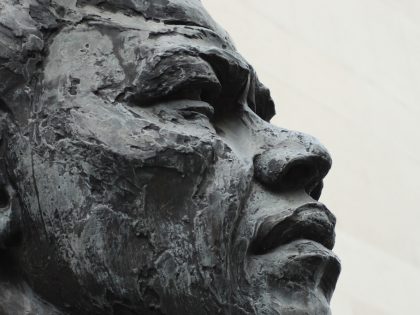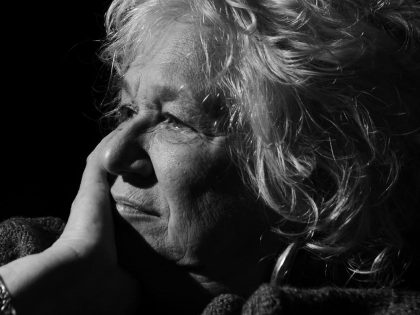
South African homophobia goes to parliament
Are postapartheid norms against open homophobia in party politics eroding in South Africa?

Are postapartheid norms against open homophobia in party politics eroding in South Africa?

In the Economic Freedom Fighters, power is centralized in Julius Malema's leadership. How that plays out, will affect the EFF's future trajectory.

A good time to bring back this piece—first written in 2002—on the power of song to fuel political struggle.

There is a lively, angry, often chaotic debate about the role and place of the father of the South African nation.

Poor reading scores among South African children highlights the need for decolonization in book publishing, teaching and policy implementation.

Media coverage of rhino poaching in Southern Africa not only fails to address white control over conservation, but also reinforces it.

Rapper YoungstaCPT's headspace is shaped by Cape Town’s history.

If in India there has been an investment in myth of Mohandas Gandhi as a non-racial icon, in South Africa Gandhi also has his defenders.

The popular myth holds that most South African major resistance leaders come from its coastal regions. That's not been the case since the mid-1970s.

The emphasis on identity and difference act to temper the radical potential of South Africa's youth. They need an education on class politics.

The new comedy 'Matwetwe' hits all the right chords to tell a story about the current place and time of South African youth.

A new memoir by South African-American Stephanie Urdang offers a remarkable and feminist view of love, longing and revolutionary struggle.

The bases on which Israel's supporters believe it is subject to unfair criticism, are eerily similar to the rationalizations of apartheid South Africa's defenders in the 1970s and 80s.

Sunshine Cinema is repurposing a tool of 20th century European colonial and neocolonial capitalist domination.

The legacy of South Africa's Truth and Reconciliation Commission twenty-one years later.

The moral drama of the Israeli occupation plays out at a South African school.

Economies are broken everywhere, but while the rest of the world considers the radical, South Africa resigns itself to the rational.

A radical feature on South Africa's literary calendar, Abantu celebrates black intellectual labor, and resists the tropes that marginalizes it.

A documentary film about a black filmmaker and her struggles to make a film about Marike de Klerk.

Stand-up comedy, especially black stand-up, and the political in South Africa.